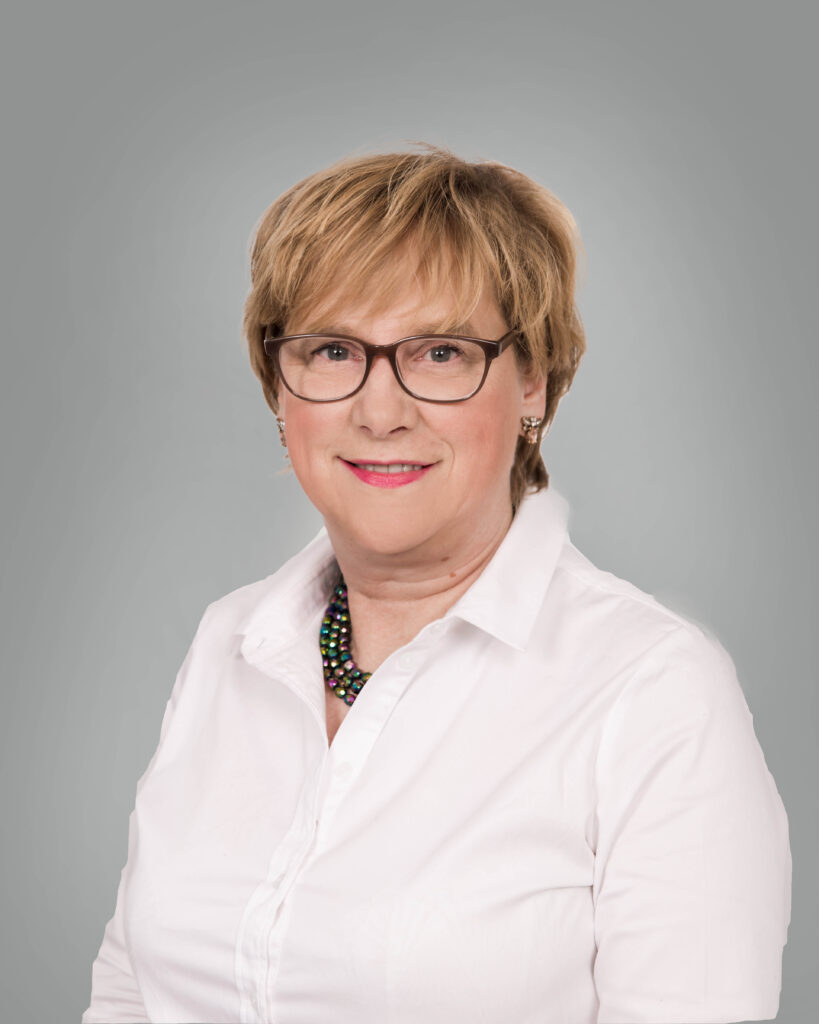
A pilot scheme that allowed journalists to report from some family courts within the UK for the past two years was officially extended to cover every family court in England and Wales on Monday 27 January 2025.
While journalists have been able to attend private cases in family courts since 2009, they have not previously had the right to report. Now, they can attend hearings, view documents, and talk to the people involved, as long as they follow strict anonymity rules.
Some within the legal profession, including some judges, have not been supportive of open reporting, which has, for example, led to journalists being blocked by a senior judge in Manchester last year from reporting a case and publication of the names of judges in the Sara Sharif case being initially blocked. That was, however, overruled by the Court of Appeal recently.
However, Sir Andrew McFarlane, the most senior family court judge, welcomes the move and has described it as a ‘watershed moment’, although he has said that he does understand why some people are still opposed.
Family courts deal with things like domestic abuse, battles about children, and adoptions, which are all sensitive topics. But judges can make sure everyone’s privacy is protected by granting ‘transparency orders’ that say what can and can’t be reported. That can include names and personal details of the people involved and any information that could identify a child.
Juliette Dalrymple, director of Family Matters and family mediator says: “These new rules will increase our awareness and understanding about how decisions are made in family courts, which have historically operated behind closed doors. They will mean more accountability, which is generally a good thing providing safeguarding and privacy are assured. However, there is the risk for parents that their case will be reported, even anonymously. This is in contrast to mediation, where all discussions are confidential and legally privileged.”
You can find out about coming to mediation and how it works on our website, or contact us on 03300 881440 or at admin@familymattersmediate.co.uk to make an appointment.



